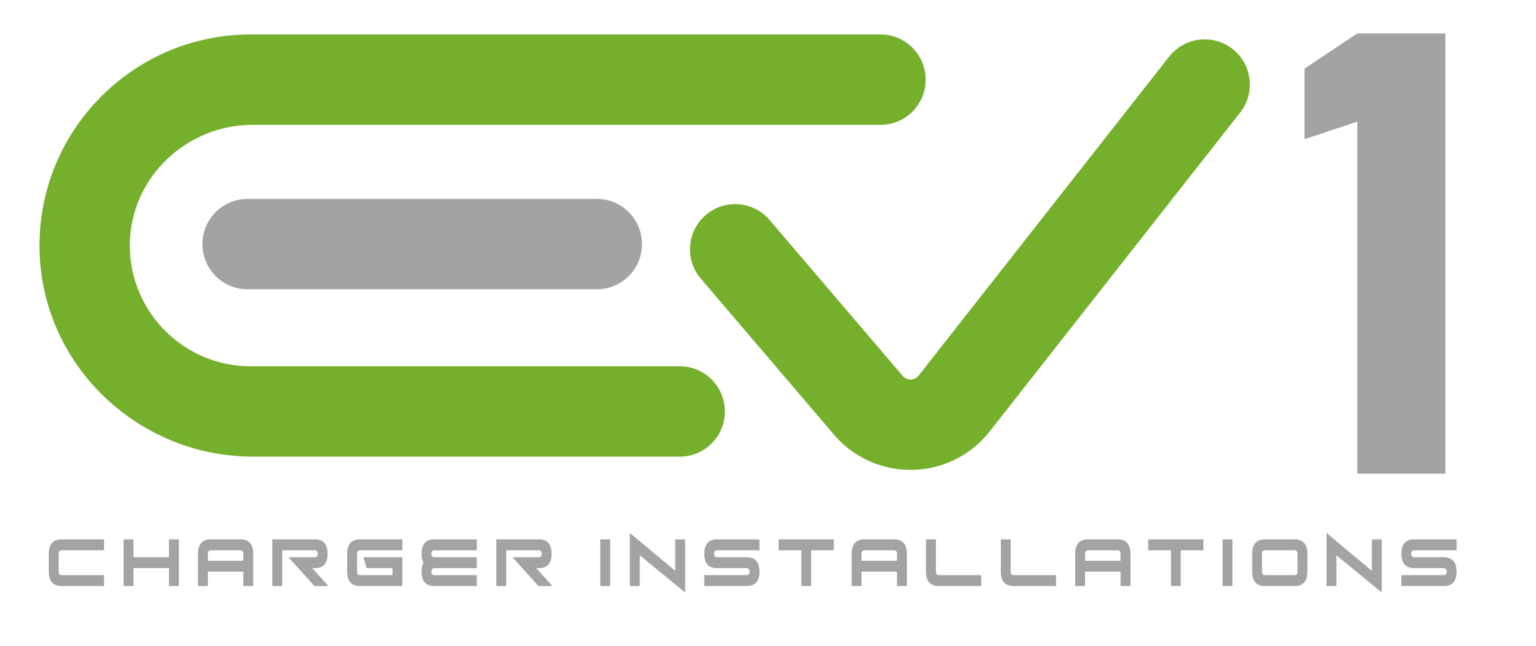Frequently Asked Questions
Check out our FAQs for quick answers. If you need more information, we’re here to help.
General
The best charging location is a well ventilated space away from clutter, trash cans or electrical appliances inside or outside the garage close to the electrical service panel. If outside, ideally way from direct sunlight in a semi-sheltered area.
There are two types of EV charging speeds, level 1 and level 2. We recommend level 2. Within level 2, we recommend a hardwired EV charger or a NEMA 14-50 plug-in EV charger.
There are many variables that can impact the cost of an installation such panel space, panel service (power), distance of EV charger location from the panel, plug-in EV charger or hardwired, need for a sub panel or a panel upgrade. An approximate cost is between $695 and $1900 depending on the situation.
Installation is dependent on several factors. We Will work with you and provide Clear and honest communication. Depending on complexity, age of panel and location, installation can vary from a few hours to 5 hours.
Increasingly yes. The recent launch of three row and larger PHEVs such as Kia Sorento, Toyota RAV 4, Mazda CX 90 and Lexus T X, the battery size are increasing. As such a level 2 EV charger. This a better option to maximize all electric driving range.
Yes, all US electric and plug-in hybrid cars use a Type 1 connector. This is sometimes referred to as an SAE J1772. The Type 1 (SAE JA772) plugs support Level 1 and Level 2 charging standards. Using our EV chargers you will be able to charge all Electric cars and Plug Hybrids including Ford, Tesla, Nissan and Mercedes.
We typically recommend a 40 amp level 2 EV charger (plug-in or hardwired). If you have a larger EV such as an F 150 lightning or large battery EV, we would recommend a 48 amp EV charger
Tesla home chargers are specific to Tesla vehicles, using a NACS connector. They can only be used to charge Tesla vehicles unless you have an adapter. Chargepoint, JuiceBox, AEFA, Autel, Lectron, Grizzle-e currently all produce J1772 connectors for non Tesla vehicles.
Chargers
Increasingly yes. The recent launch of three row and larger PHEVs such as Kia Sorento, Toyota RAV 4, Mazda CX 90 and Lexus T X, the battery size are increasing. As such a level 2 EV charger. This a better option to maximize all electric driving range.
We typically recommend a 40 amp level 2 EV charger (plug-in or hardwired). If you have a larger EV such as an F 150 lightning or large battery EV, we would recommend a 48 amp EV charger
We typically recommend a 40 amp level 2 EV charger (plug-in or hardwired). If you have a larger EV such as an F 150 lightning or large battery EV, we would recommend a 48 amp EV charger
We typically recommend a 40 amp level 2 EV charger (plug-in or hardwired). If you have a larger EV such as an F 150 lightning or large battery EV, we would recommend a 48 amp EV charger
Ready to Get Started?
Contact us today to discuss your EV charging needs, and let us show you why were the #1 in EV installations.

